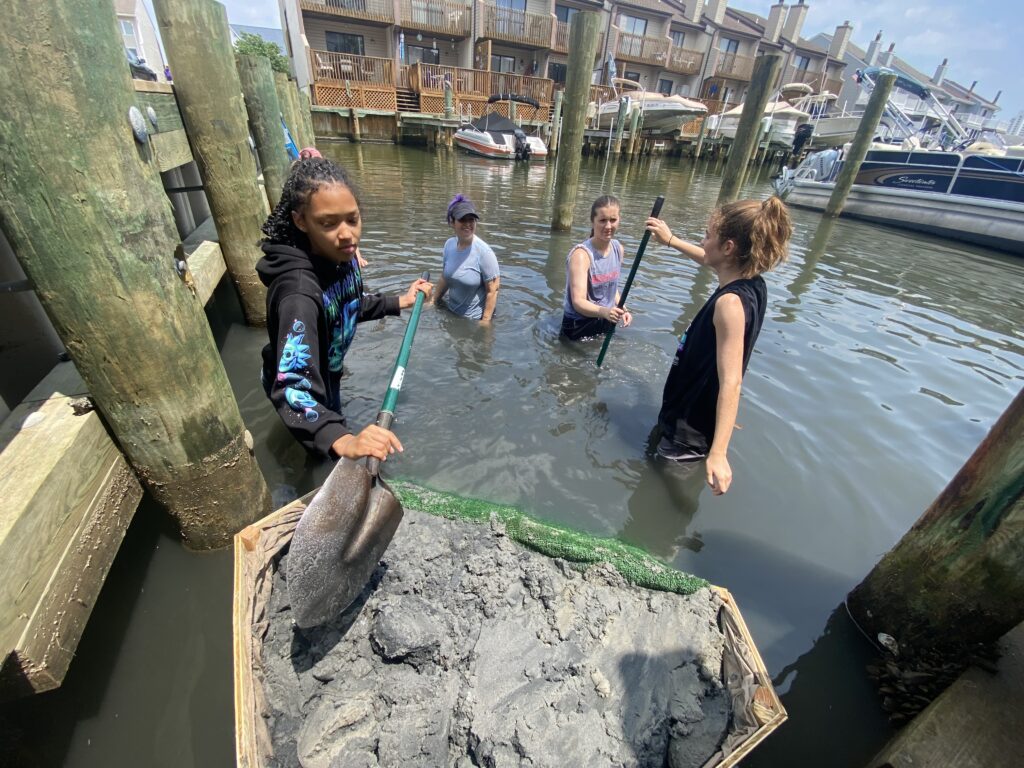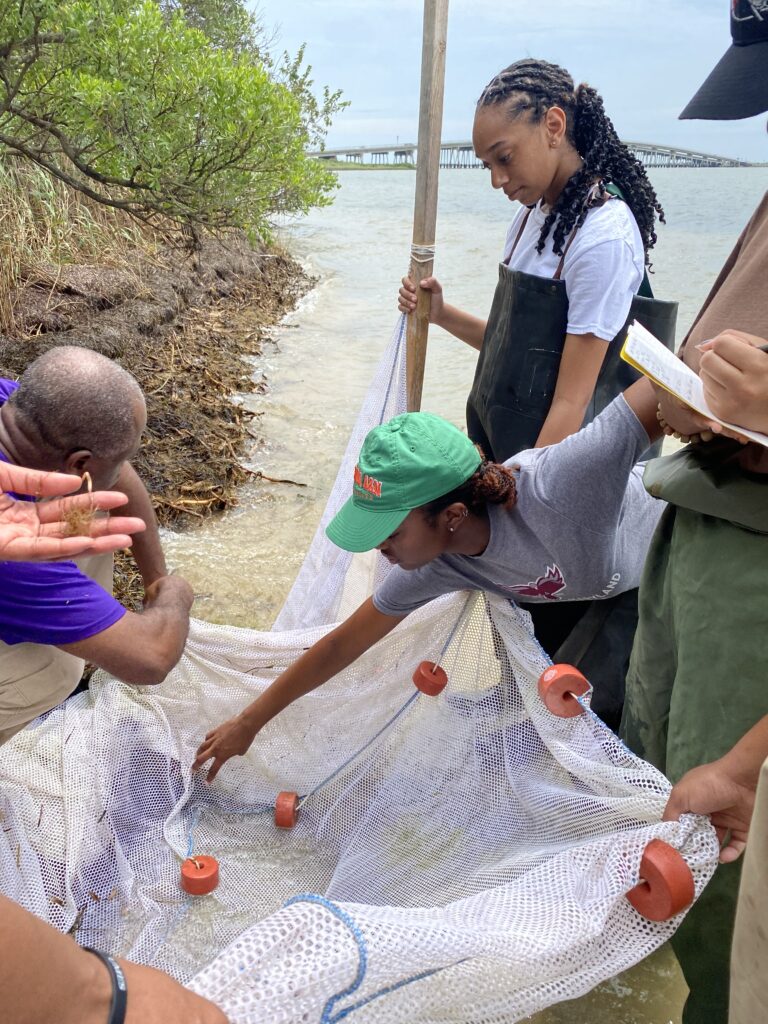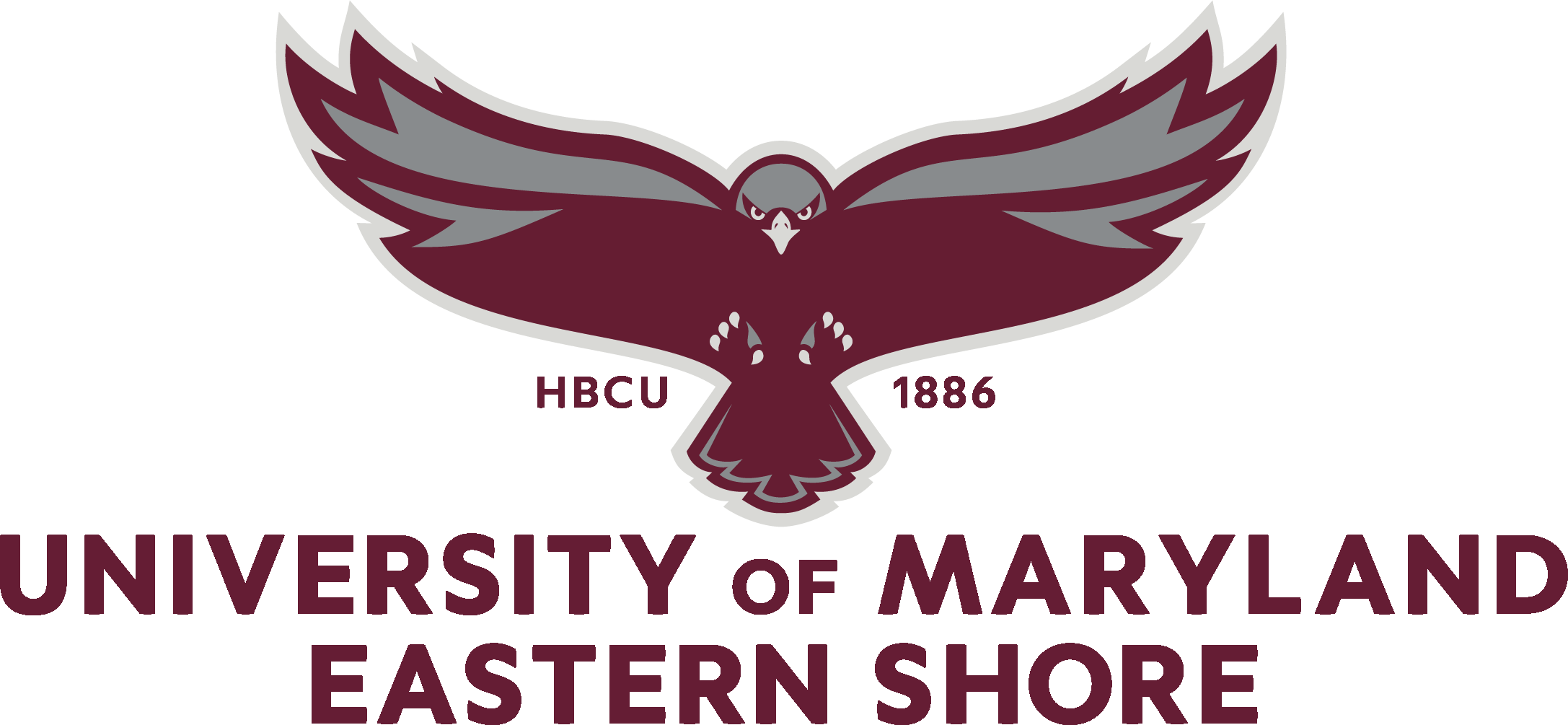Welcome to the School of Agricultural and Natural Sciences
SANS hosts three academic departments, the UMES Agricultural Experiment Station and the UMES Extension Program
Academics
Undergraduate programs in pre-veterinary medicine, plant and soil science, animal and poultry science, agribusiness, agricultural studies, nutrition, dietetics, fashion merchandising, early child development, family and consumer sciences, biology, chemistry, and environmental science are representative of the School’s varied curricula. Graduate programs, at both the masters and doctoral levels, are offered in marine estuarine and environmental sciences (M.S., Ph.D.) food and agricultural sciences (M.S.), food science and technology (Ph.D.), and toxicology (Ph.D.). Strong research and extension programs are integrated with the school’s academic programming.
Academic Departments Under SANS: Agriculture, Food and Resource Sciences; Human Ecology; and Natural Sciences.
UMES Extension is an integral part of the U.S. Cooperative Extension System, which is operated through the nation’s Land-Grant University System in partnership with federal, state and local governments.
UMES Agricultural Experiment Station
The School of Agricultural and Natural Sciences (SANS) is unique among the academic schools at UMES in that its food and agricultural research programs receive annual federal formula funding through provisions of Public Law 89-106. The fund is identified as the Evans-Allen Program under Section 1445 of the Farm Bill (PL95-113) and is appropriated to the UMES campus by the U.S. Department of Agriculture (USDA). Because of these annual appropriations, the research agenda and goals of the departments of Agriculture, Food and Resource Sciences, Human Ecology, and Natural Sciences are aligned with those of the USDA and the Experiment Station Section (ESS) of the Association of Public and Land-Grant Colleges (APLU). The USDA also provides 1890 Land-Grants with the opportunity to compete for research, extension, and teaching capacity building grants, which strengthen research, extension and teaching in the food and agricultural sciences at these institutions. Therefore, the aim of the UMES Agricultural Experiment Station is to provide enhanced knowledge and technology to improve the viability and sustainability of agriculture and food systems; enhance the quality of natural resources and the environment; and serve communities, families, and consumers.
SANS Summer Programs



For College Students
Undergraduate students in the Research Experience for Undergraduates (REU) Program in Marine and Estuarine Science attend workshops, practice data analysis, and take field trips.
The AFRI-EWD-REEU program shows undergraduate students majoring in chemistry, biology, environmental science and technology how their majors can be applied to agriculture and food science.
For High School Students
Project SEED (Socially Engaged Entrepreneur Development) offers high school students the chance to work in a professional lab.
The Geoscience Bridge Program introduces high school seniors to ocean and atmospheric sciences while using geographic information systems.
The USDA-AFRI-EWD-FANE ASTEMA — Advancing STEM in Agriculture program gives high school students a chance to explore STEM disciplines and how such majors can be applied to build a career in agriculture with USDA.
Nurturing Great Minds:
Creating and Applying Knowledge!








